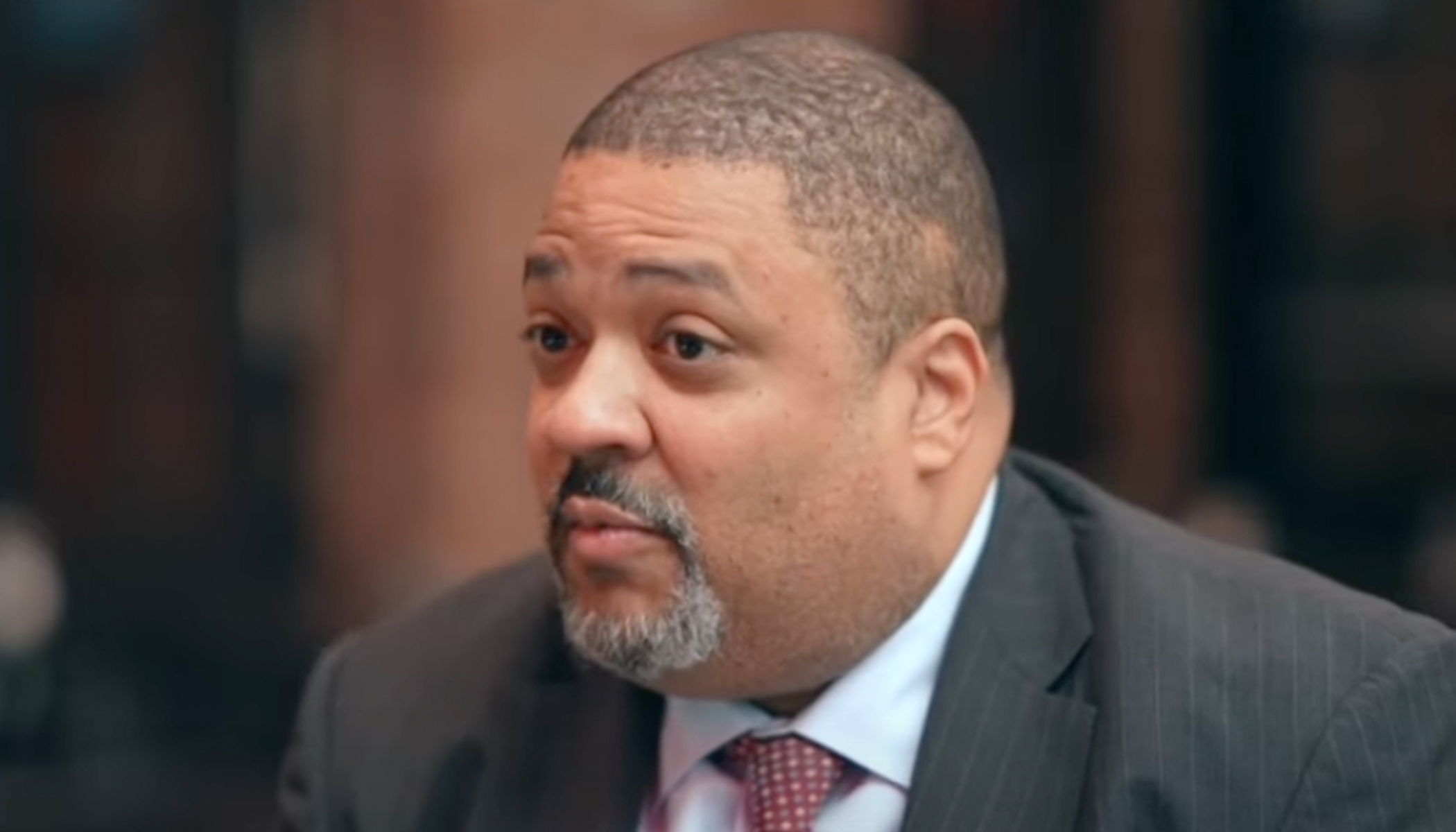Justin Trudeau Announces Resignation, Marking A Temporary End To His Political Career
On January 6, 2025, Prime Minister Justin Trudeau confirmed that he would resign from his position in the coming months, signaling the end of his political career—at least for now.
Trudeau's resignation will lead to a vacant seat in Papineau, Quebec, and the Liberal Party has until March 2025 to select a new leader, Breitbart reported.
Trudeau has dominated Canadian politics for nearly a decade, serving as Prime Minister since 2015 after leading the Liberal Party to a parliamentary majority. His decision to step down aligns with a procedural process called "prorogation," which temporarily freezes Parliament while keeping sitting members in their positions.
Trudeau’s resignation responds to growing discontent over his leadership, particularly regarding critical issues like healthcare, housing, immigration, and tariffs.
Public disapproval of Trudeau had been mounting, with a recent poll revealing that 80% of Canadians supported his resignation. The poll also showed that only 20% of Canadians planned to support the Liberal Party in the upcoming election, compared to 46% favoring the Conservative Party.
Conservative Party leader Pierre Poilievre criticized Trudeau’s leadership, asserting that any successor as Liberal leader would still align with Trudeau’s policies.
Following Trudeau’s announcement, it was also confirmed that he would not run for a seat in Parliament in the upcoming election cycle. His decision to vacate his seat in Papineau has created a further vacuum in Canadian politics, as the Liberal Party now faces the challenge of selecting a new leader to guide them into the general election.
The next Canadian election is scheduled to be held by October 2025, though it could occur earlier, depending on the Liberal leadership race.
The Liberal Party Faces Uncertainty Amid Leadership Transition
Trudeau’s resignation ends his nearly 10-year tenure in Canadian politics. First elected to Parliament in 2008, he became the leader of the Liberal Party in 2013. His political journey peaked in 2015 when he led the Liberals to a majority government and assumed the role of Prime Minister.
Despite his earlier successes, critics have increasingly questioned his leadership, citing rising costs of living and controversial policy decisions that have left many voters dissatisfied.
One of the most important aspects of Trudeau’s resignation is the timeline for his departure. Trudeau has confirmed that he will stay in office until late March 2025, allowing his party time to elect a new leader before the election.
During this time, the Prime Minister will not be running for a seat in Parliament, and the leadership transition within the Liberal Party will become the focal point of Canadian politics.
Trudeau’s leadership has been under scrutiny from both the public and the opposition parties, particularly the Conservatives. Poilievre, the Conservative leader, has made it clear that he will continue to focus on Trudeau’s legacy, even as the Liberals move forward with their leadership election.
Poilievre has repeatedly stated that the next Liberal leader, whether it be Chrystia Freeland, Mark Carney, or another figure, will continue to push policies aligned with Trudeau’s government, which Poilievre has sharply criticized.
Leadership Candidates Prepare for the Upcoming Election
Deputy Prime Minister Chrystia Freeland’s resignation before Trudeau’s announcement has fueled speculation that she is positioning herself to lead the Liberal Party. Although Freeland has not officially announced her candidacy, many view her as a frontrunner.
Former Bank of Canada Governor Mark Carney is another potential contender and is expected to formally join the race on January 8, 2025.
Liberal leadership candidates must declare their intentions by January 23, 2025, and pay a $350,000 entry fee. The party plans to hold its leadership election on March 9, 2025.
Carney’s anticipated candidacy has drawn significant attention, as he represents a different faction of the party. Seen as a more centrist figure compared to Trudeau and Freeland, Carney could appeal to voters dissatisfied with the current government.
However, the road to replacing Trudeau is not without hurdles. Despite Trudeau's resignation, Conservative leader Poilievre has remained adamant that no new Liberal leader will change the direction of the party.
Poilievre has used the resignation as a launching pad for his campaign, stating, “In the next election, I will be running against Justin Trudeau – whether his name is Justin Trudeau or his name is Chrystia Freeland or ‘carbon tax’ Carney or ‘carbon tax’ [Christy] Clark, they will all be Justin Trudeau.”
The Future of Trudeau and Canadian Politics
As for Trudeau’s own future, he has expressed uncertainty about what lies ahead after his departure from politics. He stated on January 6 that he has not yet given much thought to his next steps, noting that his immediate focus is on his duties as Prime Minister and preparing for the inauguration of U.S.
President-elect Donald Trump. “I am entirely focused on doing the job that Canadians elected me to do in an extraordinarily pivotal time right now,” Trudeau remarked, explaining his current priorities.
Though Trudeau has not ruled out returning to politics in the future, he indicated that, at present, he has no clear plan. His departure marks a significant shift in Canadian politics, as the country prepares for a new leader and the upcoming general election.
The leadership contest will undoubtedly dominate headlines in the coming months, and many are eager to see how the Liberal Party moves forward without the figurehead that has defined Canadian politics for nearly a decade.
As Canada enters a period of uncertainty, with the Conservative Party positioning itself for a strong challenge in the next election, the Liberals face a critical moment in their history. The decisions made in the coming months will have far-reaching consequences for the future direction of the country.






